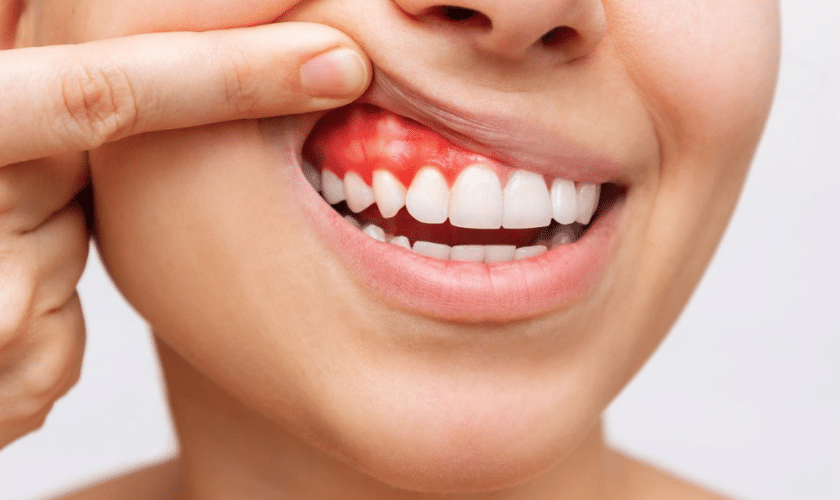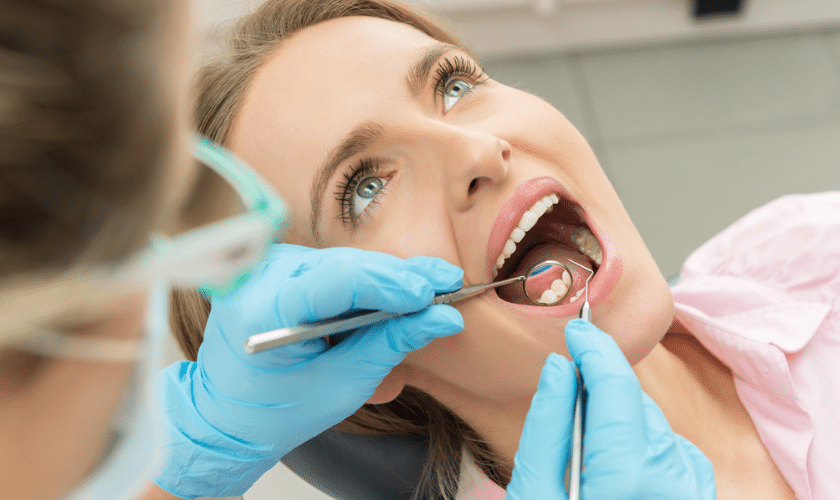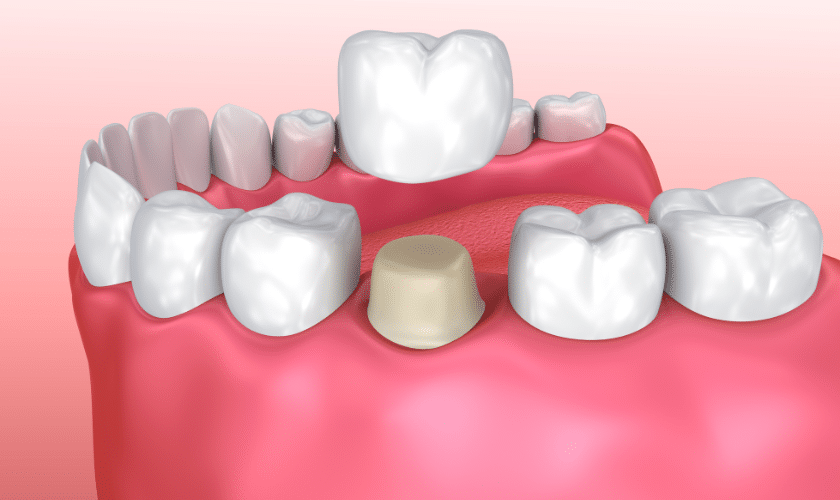Dentures are a popular and cost-effective teeth replacement option, available in full and partial sets. While traditional dentures rest on the gums, snap-on dentures offer added comfort by attaching to dental implants for a secure fit. But what do snap-on dentures look like? In this article, we’ll discuss the differences between traditional and snap-on dentures and how to care for them properly.
What Are Snap-On Dentures?
Snap-on dentures are full or partial ones that attach to dental implants surgically placed into your jawbone. Unlike traditional removable dentures, snap-on dentures are held securely in place by four titanium posts that act as anchors to hold them tight against the gums. They offer more stability than conventional dentures, allowing you to chew and speak without worrying about slipping or shifting.
Snap-on dentures provide a more natural-looking smile than traditional ones. They have an artificial gum line made of plastic or acrylic and molded to match your jawbone. The plastic gum line also provides a cushion for the denture and helps to keep it in place. The denture’s base is then topped with individually crafted crowns or teeth made from porcelain or composite materials for a realistic look and feel.
Benefits of Snap-On Dentures
The most obvious benefit of snap-on dentures is their stability. You can eat and speak confidently without needing to rely on suction or adhesive, knowing that your dentures are firmly in place. This added security also allows you to enjoy more natural facial expressions without worrying about your denture slipping out of position.
In addition to being more secure, snap-on dentures can also provide a more natural look than traditional removable ones. Since they use dental implants as anchors, the prosthetic teeth will rest at the same height as your remaining natural teeth for a seamless appearance. They’re also usually made from high-quality materials like porcelain or composite to look just as realistic and lifelike as real teeth.
Caring for Snap-On Dentures
Caring for snap-on dentures is relatively easy. You should brush them twice daily to remove any plaque buildup, just as you would with your natural teeth. You should also floss between the artificial teeth and gums to prevent food particles from getting lodged in the small crevices. Finally, it’s important to rinse your mouth out after eating to keep bacteria levels low.
In addition to these basic care tips, you may need to see your dentist once every six months for a checkup and cleaning your dentures. This will help keep them in good condition and prevent any damage or discoloration. It’s also important to ensure that your dental implants are checked regularly since they can be prone to damage over time.
The Bottom Line
Snap-on dentures offer a secure and natural-looking solution for missing teeth, with the added advantage of eating and speaking without fear of slipping. They’re made from high-quality materials like porcelain or composite and securely attached to four titanium posts embedded in the jawbone. With proper care, snap-on dentures can provide a lifetime of beautiful smiles.
FAQs
Q: Are snap-on dentures more expensive than traditional dentures?
A: Yes, snap-on dentures can be more expensive than traditional ones due to the additional cost of placing dental implants and crafting custom crowns. However, they offer superior stability and a more natural look than conventional dentures, which may make them worth the extra cost in the long run.
Q: How long do snap-on dentures last?
A: With proper care and maintenance, snap-on dentures can last anywhere from five to fifteen years. The length of time they last will depend on how well you take care of them and how often you visit your dentist for checkups and cleanings.
Q: Is it painful to get snap-on dentures?
A: Getting snap-on dentures does involve a surgical procedure so it may be slightly uncomfortable afterward. However, the pain should subside once you’ve healed, and your dentist can provide you with pain medications to help relieve any discomfort.





